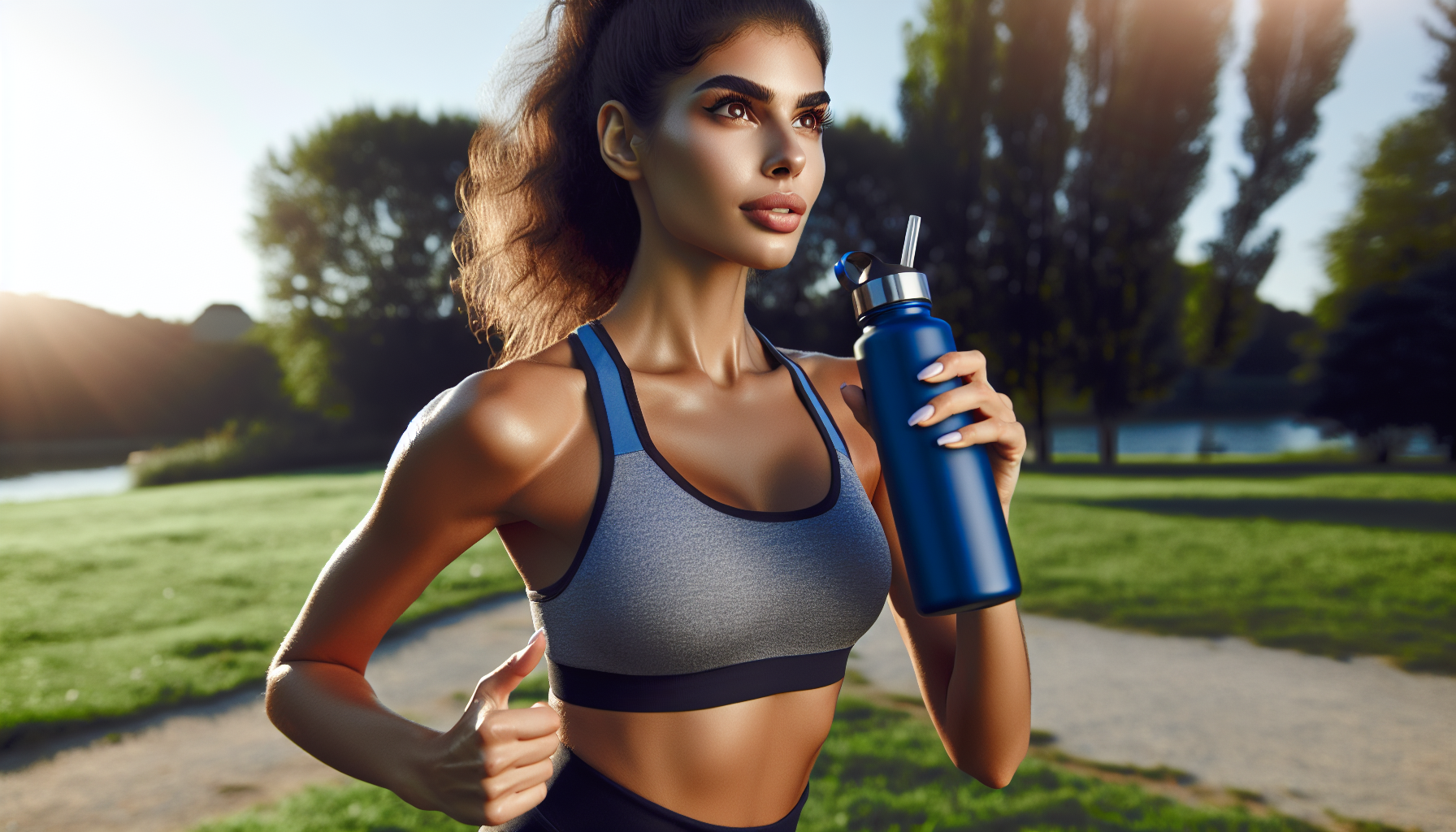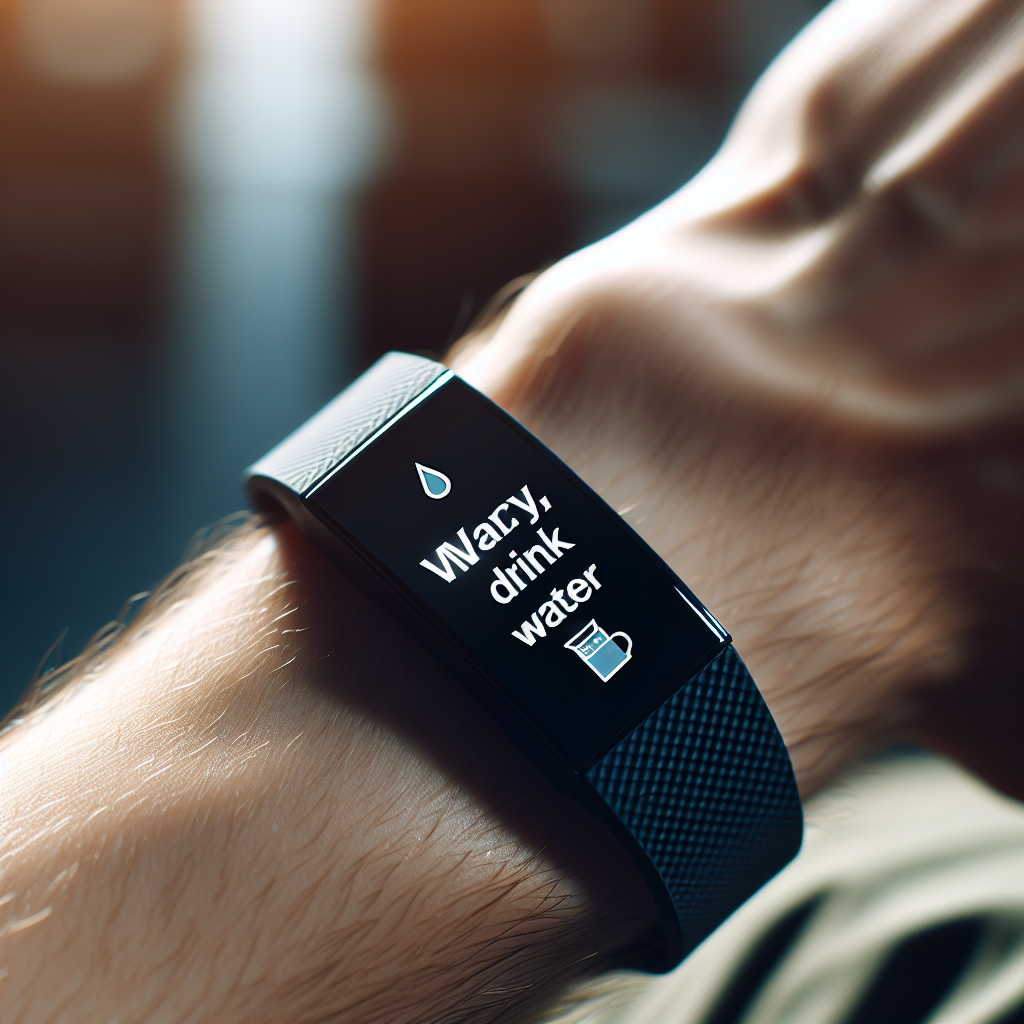Staying adequately hydrated is a cornerstone of maintaining optimal health, especially during exercise. Water is essential for numerous bodily functions, including temperature regulation, joint lubrication, and the transportation of nutrients. For active individuals, hydration is even more crucial, as it can significantly impact performance, recovery, and overall well-being.
The Role of Hydration in Physical Performance
Proper hydration is vital for peak physical performance. Water helps to maintain blood volume, which ensures efficient circulation and nutrient delivery to working muscles. When dehydrated, the body’s ability to perform at high levels can be compromised due to decreased blood volume, increased heart rate, and reduced heat dissipation. This can lead to early fatigue, decreased coordination, and muscle cramps.
For an in-depth understanding of how hydration affects physical performance, this resource provides a comprehensive overview of the physiological responses to exercise in the heat and the implications of fluid balance on exercise performance.
Hydration and Thermoregulation
During exercise, the body generates heat, which must be dissipated to maintain a safe internal temperature. Sweating is the primary method of heat dissipation, but it also results in fluid loss. Adequate hydration helps to preserve sweat rate and cooling mechanisms. If fluids are not replenished, core temperature can rise, leading to heat exhaustion or, in severe cases, heat stroke.
Recognizing Dehydration
It’s important to recognize the signs of dehydration, which can include:
- Thirst
- Dry mouth
- Fatigue
- Dizziness
- Dark-colored urine
Monitoring urine color is a simple way to assess hydration status, with pale yellow indicating proper hydration and dark yellow signaling a need for more fluids. For further details on assessing hydration status, The American Council on Exercise provides guidelines that can help active individuals determine their fluid needs.
Calculating Fluid Intake
The amount of fluid needed can vary greatly depending on factors like exercise intensity, duration, climate, and individual sweat rates. As a general guideline, it’s recommended to drink about 17 to 20 ounces of water two to three hours before exercising, and another 8 ounces during warm-up. During exercise, aim to consume 7 to 10 ounces every 10 to 20 minutes. After finishing, drink 16 to 24 ounces of fluid for every pound lost during activity.
To create a personalized hydration plan, consider consulting resources like The National Athletic Trainers’ Association position statement on fluid replacement for athletes.
The Impact of Electrolytes
Electrolytes, such as sodium, potassium, and magnesium, play a critical role in hydration. They help to maintain fluid balance within cells and are essential for muscle contractions and nerve function. During prolonged exercise, especially in a hot environment, electrolyte replacement is necessary to prevent imbalances that can lead to hyponatremia or muscle cramps.
For more information on the importance of electrolytes and how to replenish them during exercise, this scientific publication provides an in-depth look at electrolyte management for endurance athletes.
Hydration Strategies for Different Types of Exercise
The hydration needs for a marathon runner will differ from those of a strength athlete or a yoga practitioner. For endurance sports, maintaining hydration over long periods is key, often requiring the consumption of sports drinks that contain electrolytes and carbohydrates. For strength training, water might be sufficient for sessions under an hour, but electrolyte supplementation can become necessary during longer, more intense workouts.
For insights on hydration for various types of exercise, Avix Health offers related articles that can be helpful:
- The Benefits of Aerobic Exercise for Heart Health
- The Impact of Resistance Training on Overall Health
- The Role of Active Recovery in Workout Routines
Hydration and Health Beyond Exercise
While the focus here is on exercise, hydration is also crucial for overall health, impacting brain health, digestion, and even skin condition. Chronic dehydration can lead to long-term health issues, including kidney stones and urinary tract infections.
Tips for Staying Hydrated
Here are some practical tips to help ensure you stay hydrated throughout your exercise routine:
-
Carry a Water Bottle: Having water readily available increases the likelihood of drinking regularly.
-
Flavor Your Water: If you struggle with drinking plain water, add natural flavorings like lemon or cucumber slices.
-
Eat Water-Rich Foods: Foods such as watermelon, cucumber, and strawberries can contribute to your daily water intake.
-
Set Reminders: Use a phone or fitness tracker to remind you to take hydration breaks.
-
Monitor Your Body: Pay attention to thirst cues and changes in urine color to assess your hydration needs.
Conclusion
Hydration is an integral part of any fitness regimen, and its importance cannot be overstated. By understanding the role of hydration in exercise, recognizing the signs of dehydration, and employing effective hydration strategies, you can enhance your physical performance, recovery, and overall health. Always listen to your body and adjust your fluid intake as needed, especially during exercise, to maintain optimal hydration levels.



